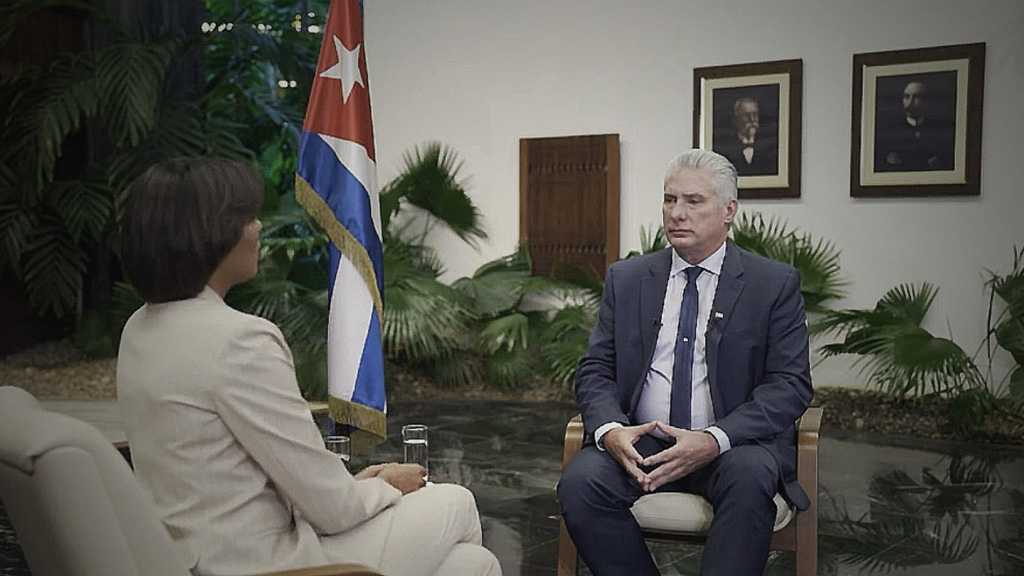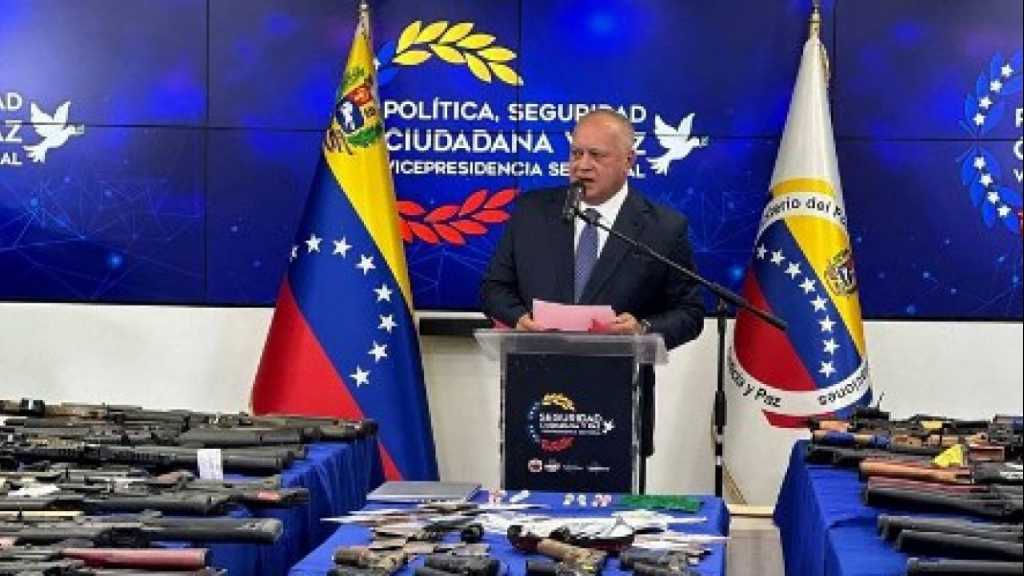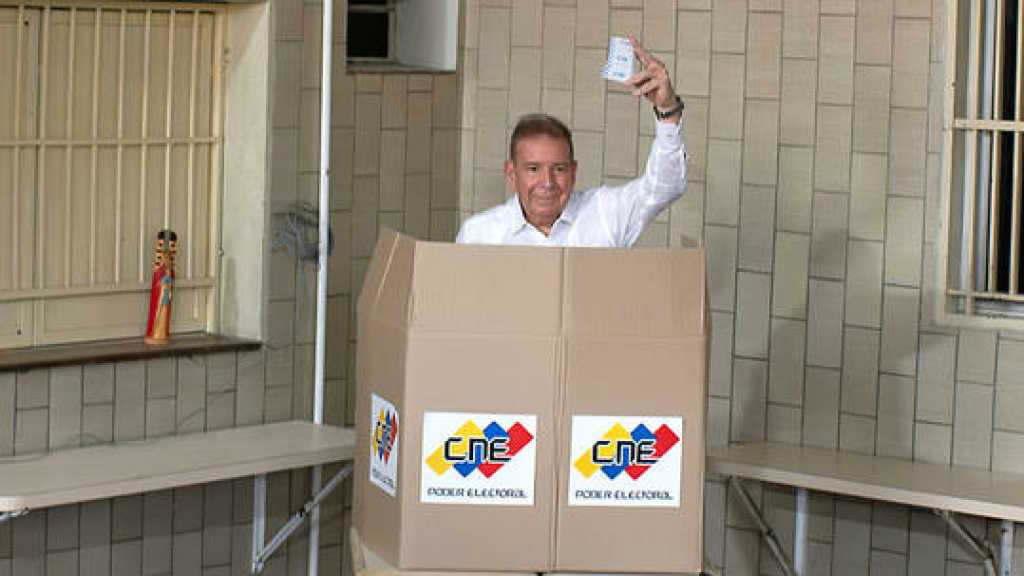Cuban President: Time to End US Dollar’s Hegemony

By Staff, Agencies
Cuba’s President Miguel Diaz-Canel has said giving up the US dollar will free the developing world from Washington’s hegemony.
The dollar’s status as the world’s reserve currency enables the United States to pursue an “aggressive hegemonistic policy of building walls, imposing punitive sanctions, blackmail, aggression and slander,” Diaz-Canel told RT in an exclusive interview aired on Thursday.
The president said the BRICS block of emerging economies “provides a brilliant alternative for economic integration, especially for developing economies.”
Brazil, Russia, India, and China initially formed BRIC in 2009, and South Africa joined in 2010. The BRICS countries represent approximately 40% of the global population, accounting for about 25% of the global economy.
Amid calls for a common BRICS currency to settle trade bills, members of the group have begun to conduct more bilateral trade in their own currencies, avoiding the US dollar. “It is at times like this that we get friends from other countries supporting us with real actions and under conditions that are not harmful to our independence,” the Cuban president said.
Since it was first coined in 2001, BRICS has grown from an acronym for five emerging economies into an informal alliance that has overtaken the US-led Group of 7 bloc in its share of the global GDP, has its own development bank, and counts Iran, Saudi Arabia, and Argentina among 19 prospective members.
Although Cuba is not a BRICS member, the island nation has been a close partner of Russia since the days of the Soviet Union, and trade between Moscow and Havana tripled last year to $452 million.
Elsewhere in his remarks, the Cuban president said Russia can play a major role in shrinking the role of the dollar in international trade.
“I believe that we need to recognize the leading role of Russia in shaping this multipolar world,” the Cuban president said. The “de-dollarization,” he said, will lead to “more inclusive and more mutually beneficial trade” for those who reject Washington’s “lies and empty promises.”
In Brazil, President Luiz Inacio Lula da Silva recently called for the establishment of a common currency for the South American region in an effort to reduce reliance on the US dollar. Lula made the remarks during a meeting with South American leaders in the capital Brasilia on Tuesday.
The idea of a shared currency within the Mercosur trade bloc, comprised of Argentina, Brazil, Paraguay, and Uruguay, has been discussed intermittently since its establishment in 1991.
In early May, Argentine President Alberto Fernández and his Brazilian counterpart vowed to devise a mechanism to use local currencies in bilateral trade.
In April, Brazil’s president blasted the monstrous role of the US dollar in the global economy during a formal visit to China after the two nations forged a pact to replace the dollar with their own currencies in trade deals.
The global trend to substitute the US dollar with local currencies in trade transactions continues to accelerate as more nations have taken steps to ditch the greenback.
Comments
- Related News

Colombian President: Netanyahu is A War Criminal
2 months ago
Minister: Venezuela Stops CIA Plot Against Maduro
2 months ago
Venezuela: Maduro’s Rival Leaves for Spain
2 months ago
